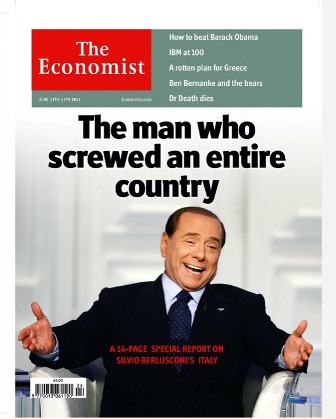Current affairs print magazines thrive as others decline

Earlier this month my eye was drawn to an unexpected stat amid the latest crop of ABC figures; amongst the various lists of declining circulations was a rare piece of good news: the UK’s current affairs magazine market is, if not booming, at least outperforming the rest of the market by quite some distance.
A quick look at the figures suggests at least half the titles have grown circulation year-on-year, some quite substantially. When you consider the current climate for print media, that’s an astonishing achievement.
Big beasts like The Economist, The Week, and Private Eye, all continue to put in a strong showing. Two of those three are still growing and while Private Eye’s sales have dipped slightly, they retain the highest paid circulation figures in the sector. Our good friends at Prospect magazine are also on the up, as are Monocle, New Statesman, The Spectator and the possibly miscategorised BBC History magazine.
Personal finance titles also put in a strong showing, with Investors Chronicle up 19.8%. There was also pleasing results for Shares and Money Observer titles, all of which suggest there continues to be a growing market for publications that are actively instructive and useful.
Why, then, is this part of the market bucking an otherwise depressing trend?
I suspect it’s partly that, since the financial crisis began, we’ve lived in fearful times. People want to keep themselves updated and informed as much as possible. These are, by and large, trusted and authoritative brands, at a time when trust in our newspaper sector is at a low. And, what’s more, these titles look good in print – The Economist may have the highest-circulating digital edition, but people are still proud to be seen reading the magazine on the train.
Above all, these titles provide people with intelligent, long form pieces – the kind of thing that doesn’t work as well online.
For years, the prevailing wisdom with consumer publishing firms was that people wanted shorter, punchier articles, and fewer big blocks of texts. The internet age meant that everyone was supposed to have shorter attention spans, and magazines needed to dumb down in order to compete.
Many of those titles are now in decline, or defunct, while magazines that still dare to offer their readership something of substance continue to succeed.